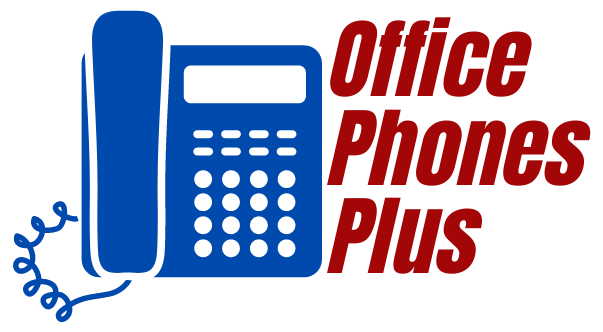How Phone Etiquette Affects Your Business Reputation
Having good phone etiquette can often seem so personal — it’s something your mother would remind you about when calling a neighbor or a friend. But in the real world, phone etiquette is just as important to your business reputation as it is to your personal one. Phone etiquette can make or break whether customers perceive your business positively or negatively, and even the briefest of interactions can have them deciding whether they want to patronize you.
Why Phone Etiquette Matters
Let’s start by addressing why phone etiquette matters. We all understand this on a basic level — it’s nice to be nice to people, right? Nobody wants to make it their brand to go around being rude to people. But phone etiquette matters to your business for a few very specific reasons.
First off, it’s all about first impressions. The tone, clarity, and professionalism of your call is going to be the first impression your customers get of you, and it will likely set the tone for how they think of you going forward. This contributes to their overall customer satisfaction because when a customer feels as if they’ve been respected and treated well over the phone, it can increase their perception of trust and loyalty. People will expect that phone call to reflect your values and professionalism, so if the call goes poorly, they may expect the rest of their experience with your business to go poorly as well.
Key Elements of Good Phone Etiquette
Most people have a basic understanding of good phone etiquette, but there may be a subtle difference between a business call and a personal call that you don’t consider. If you need a brush-up on good phone etiquette for business (or if you need to provide a brush-up for your employees), here’s what you should consider:
- Start with a greeting: Give a friendly hello and identify yourself as soon as you answer the phone. Customers will appreciate knowing that they have reached the right number and they know who is helping them.
- Listen actively: Ask questions and repeat what the customers say back to them to indicate that you understand their problems or concerns.
- Use professional language: Avoid too much slang or jargon that a new customer may not understand, and be sure to speak clearly and thoughtfully. If a conversation turns unfriendly, remain calm and helpful.
- Finish with a thank you: Always let the customer have the last word, and thank them for their interest. Even if you were not able to solve their problem in a satisfactory way, be sure to remain friendly until the very end.
Just as there are basic rules of what you should do on the phone with a customer, there are also basic rules of what you should not do when you’re on the phone. Some common mistakes when it comes to phone etiquette include:
- Being distracted or disengaged from the customer, possibly because you are trying to multitask while you take the call.
- Putting a customer on hold for an extended period of time or not being able to transfer them to the right person successfully.
- Offering to follow up with a customer about a question or problem but then failing to do so.
How to Implement Good Phone Etiquette
You may wish to develop these phone etiquette tips for your business to fit what you do, which could lay out specific guidelines for everyone on your team who will be taking phone calls. In this case, it’s always a good idea to give everyone a coaching session to make sure they’re ready to handle phone calls in a way that will leave a good impression on customers. Here are a few ways you could help your team implement good phone etiquette for your business:
Establishing Standards
Writing out the guidelines might sound like extra work for something that should be obvious, but having a detailed etiquette guide will ensure consistency among everyone on your team. It can also provide specific dos and don’ts for difficult situations.
Training and Role-Playing
Start by providing a few training sessions so your employees have a better understanding of expectations. Role-playing can give one employee a chance to pretend to take a call from another employee who is pretending to be the customer, giving them a chance to try out some of your guidance in a low-stakes atmosphere and get more comfortable handling difficult situations.
Monitoring and Feedback
There’s nothing wrong with providing ongoing feedback. Many businesses monitor calls from customers as a way of constructively critiquing the way an employee handles something so they can provide guidance for future situations.
Encouraging a Culture of Courtesy
Finally, remember that it’s much easier to foster politeness and respect on the phone when your team is surrounded by politeness and respect on an ongoing basis. Make sure your workplace is one where everyone feels safe and valued, and their calls with customers will naturally reflect this.

